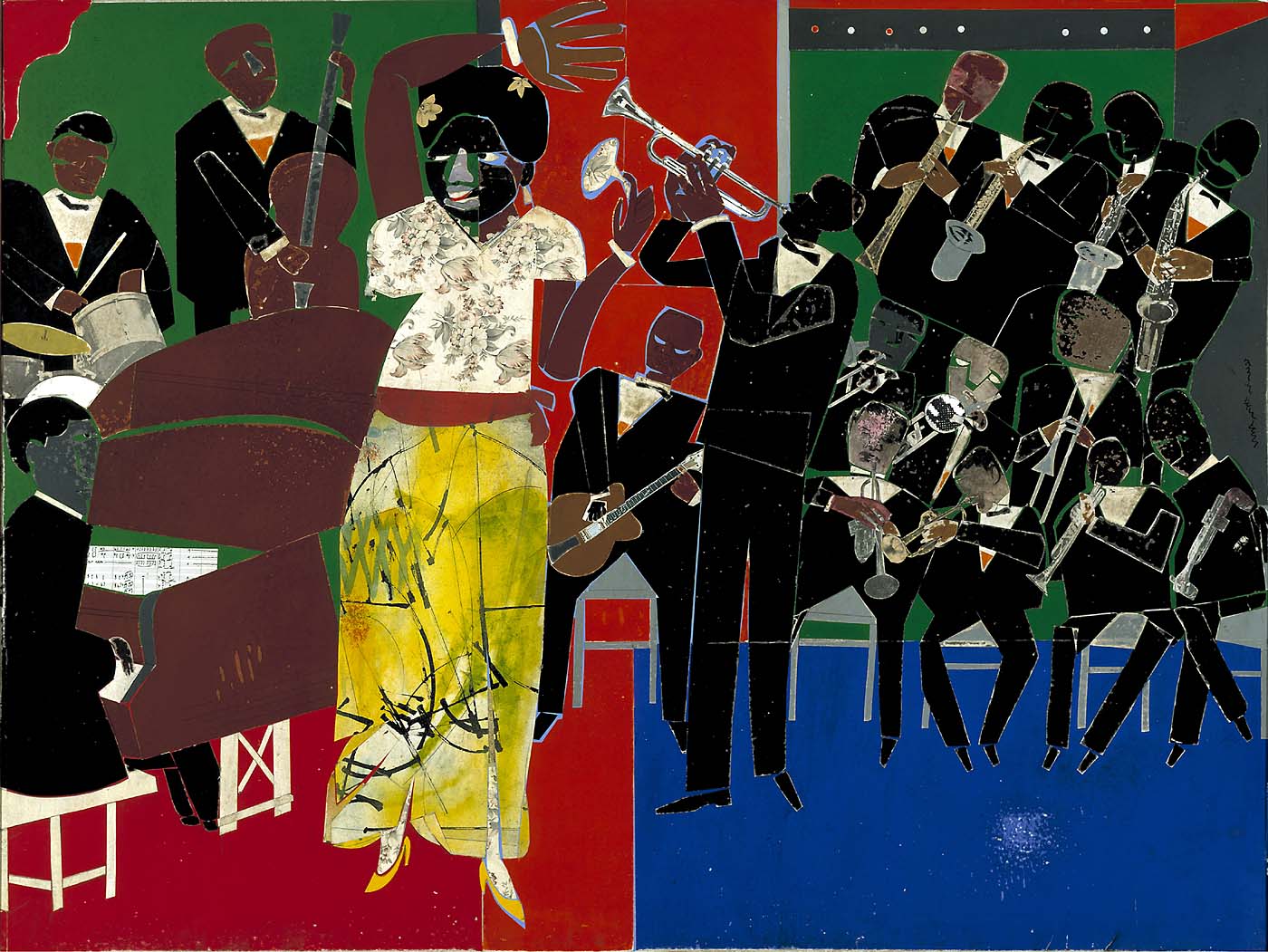Five Questions with __________ is an experiment with flash interviews. The series on poets continues with poet, writer, civil rights activist, and educator Nikki Giovanni. I read her poem 'Ego Tripping (there may be a reason why)' in a library once—or was it in a classroom? On a neighbor's book shelf? To the immigrant child of immigrant Muslim parents everything about that poem was a confusing shock to the system.
Paths would cross again. At 16 I entered The Washington Post's now defunct poetry e-slam†.
Reading her 2009 poetry collection Bicycles: Love Poems ('bicycles: because love requires trust and balance'), a companion to 1997's Love Poems, you approach private and public losses. The deaths of her mother and sister to lung cancer, of which she is a survivor. The 2007 massacre in Blacksburg, Virginia in which Seung-Hui Cho killed 32 people and seriously injured 25 others. A Distinguished Professor at Virginia Tech, she once taught Cho in a poetry class and had repeatedly asked to have him removed for disturbing behavior—even offering her resignation rather than continuing with him. The poems are signature Nikki Giovanni: always brimming with the promise of seduction, never accepting safety as a default option.
Recently I started composing on a typewriter. Despite their cultural fetishization these days, no one tells you how difficult they are to physically type on. I asked Nikki about references to typewriters in her earlier poetry (from 'Poetry': 'we sit typewriter in hand'). It's a metaphor, she responded. Anyway, she only writes on a computer not connected to the internet. 'Computer in hand will never do.'
When the work of a ‘disturbed’ mind (a 'senseless tragedy,' 'incomprehensible') comes to fruition what are people most prone to overlook or forget?
Maybe the mind is not “disturbed” highly or otherwise. Perhaps this is an evil person. If we believe in good we must believe in evil. Is there such a thing as a “sensible” tragedy? Is there such a thing as “guilty” victims? Is there any such thing as innocent Americans?
What was your most notable childhood gift or talent that is difficult or impossible to replicate as an adult?
A close friend of my mother’s once said to me: “You’ve always been as adult.” Her name was Liz Armstrong. She may have been right.
The director Sohrab Shaheed Salles noted of the financial stranglehold on art in the essay ‘Culture as Hard Currency or: Hollywood in Germany’ (1983):
The reality of life today in the Federal Republic of Germany is increasingly not to be found in our films. The excuse offered is that this won't make any money. It has no economic potential. Culture is culture and business is business! Didn't you know that?
Which inimical public figures or institutions would exclaim ‘Culture is culture and business is business!’ without a trace of irony today?
None. We, too, suffer from the lack of serious film. Everything can’t and shouldn’t be a reality show. Where is the Jubilee Singers Story? Where are the stories of the building of great colleges and universities? Where is the story of the Black Church? Just to name a few. We aren’t all junkies. The Help was a start but we need much more. Much more.
What is the most beloved item in your clothes rack?
It’s summer. My t-shirt that has a really cute dog holding a sign next to a beggar’s cup that says: Wanted: A Good Human. I wear it; wash it; iron it; and wear it again. In winter it’s something blue.
If you are not in love, what are you?
Wishing to be in love. Or writing the blues about not being in love. Didn’t Miles Davis once say to John Coltrane: Whatever you play, play the blues? Well, whatever we are, we are in love.
